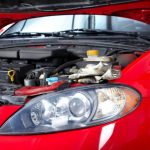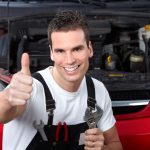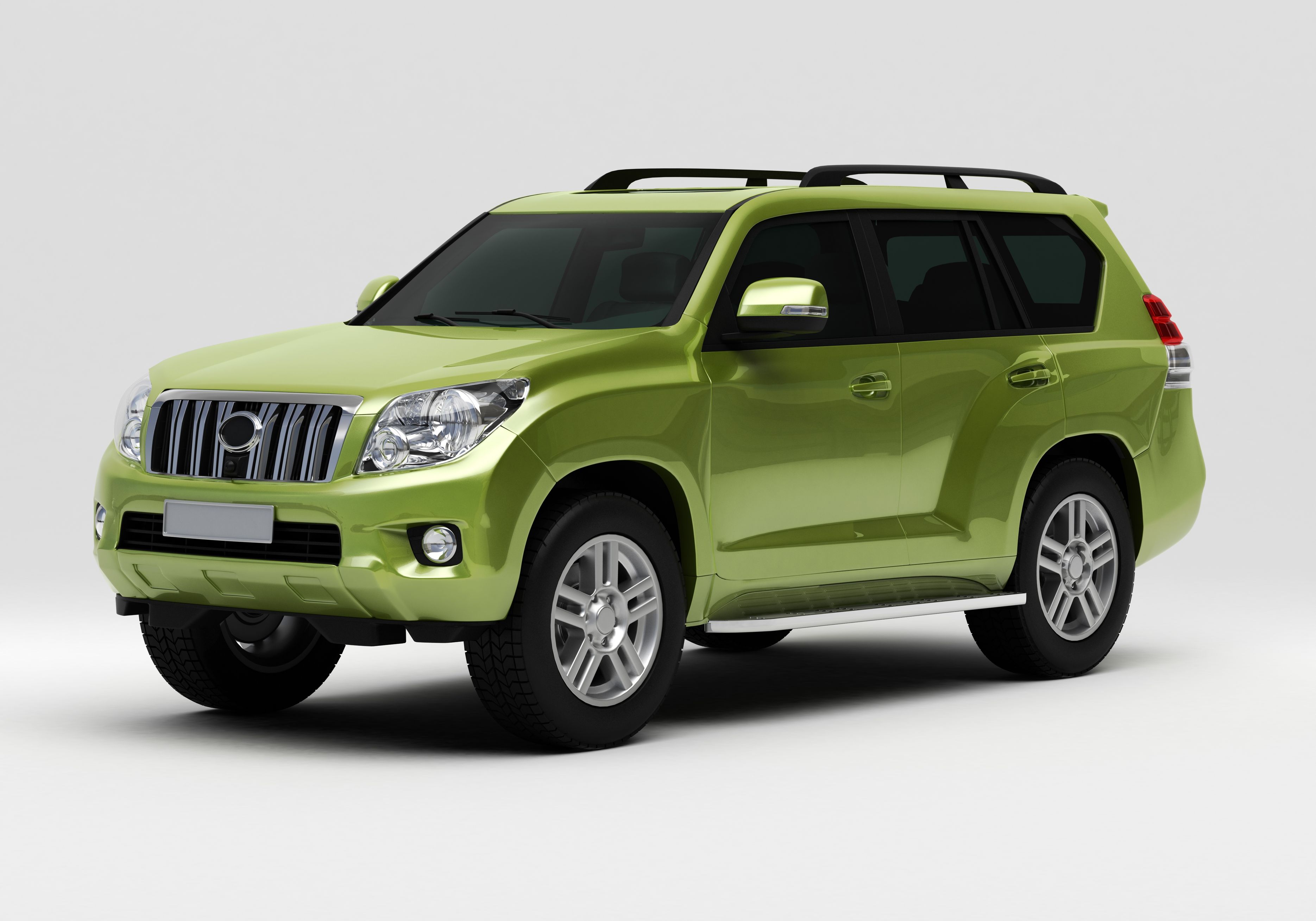Your father or grandpa or neighbor will be the first to point out that engines aren’t built like they used to. And what they’re saying is true: you don’t need to spend the weekend tinkering with the motor or pull to the side of the road and pop the hood to see why your engine is smoking. In a lot of ways, the engines of today are superior to the ones that our fathers and grandfathers stood hunched over for so many hours a weekend decades ago. Newer engines last longer; they are more efficient, lighter and emit less carbon monoxide. Yet many would complain the computer systems integrated into engines have made it virtually impossible to work on your own vehicle making them an inferior machine.
Working On The Classics
Because the fifties and sixties are looked on as such an iconic time and because the lines of cars were so great back then, it’s not surprising that so many people like to work on cars from that time period. Of course, this is also largely in part that you can’t work on today’s cars like you can a 1972 Chevy Nova. The American classics will always have a place in a mechanic’s shop for probably as long as people are driving cars, but one newer motor that is making its way into tinkerer’s shops are the German motors of yesteryear. Volkswagen diesel engines, older BMW 2002’s (the series not the year) and Volvo’s are all part of a newer generation’s idea of a fun motor to work on.
Driving Change & Looking In The Rearview
Car enthusiasts appreciate the next generation’s love for older European lines. For one, it’s less competition for muscle car parts and two it’s a generation finding its way on their own. This new generation of mechanics is learning what makes a motor work while learning how to improve on it and make sure it stays running.
Volkswagen Enthusiasts
It started with the Beetle or Bug. And it’s the Westfalia you see on the side of the road, a car cursed to have some of the coolest features a van can offer, but a motor and transmission that just wasn’t built very well. People love to work on these cars and today you’ll see more and more boxy Jettas being modified and lowered transforming them into Euro-style racecars this newer generation admire so much. Among this group are the environmentalists who’ve taken Volkswagen diesel engines and Mercedes Diesel and made them into a Biodiesel, a cleaner burning oil vehicle. Whether people are working on this new breed of motors out of necessity or if it’s just the newest trend, it’s great to see people under the hood from time to time.
For more information on Volkswagen diesel engines, visit Hawk Volkswagen of Joliet at http://www.website.com.







